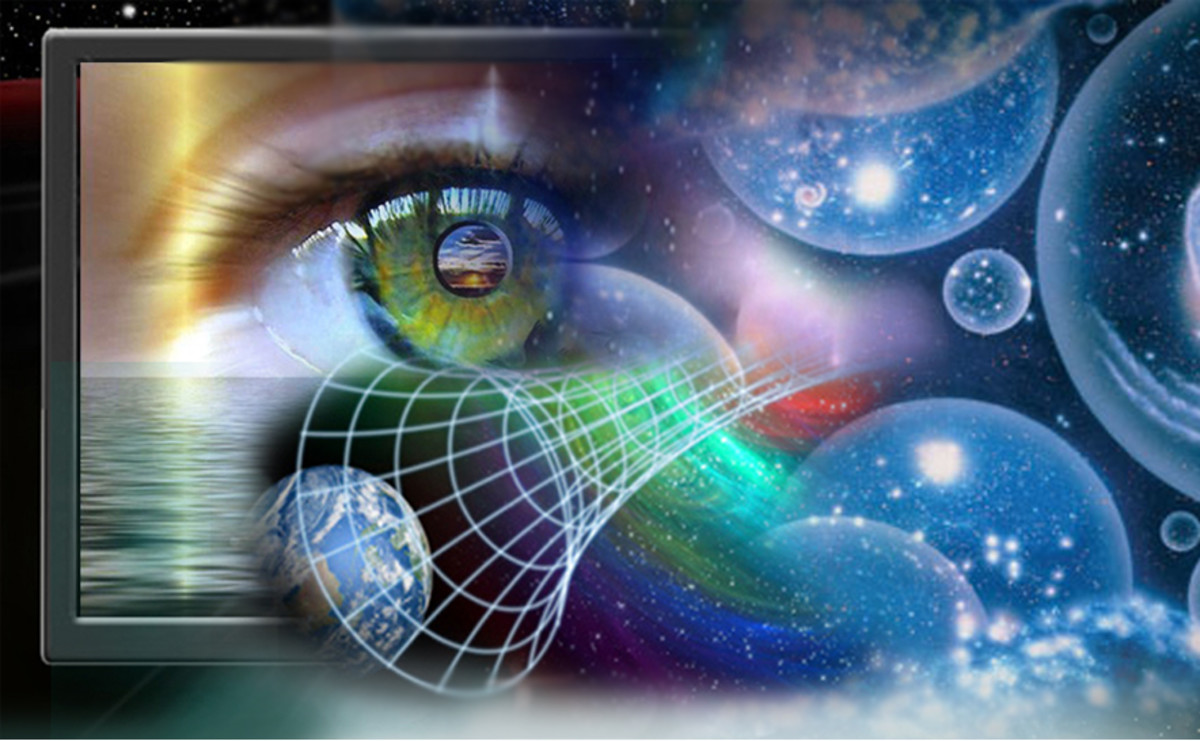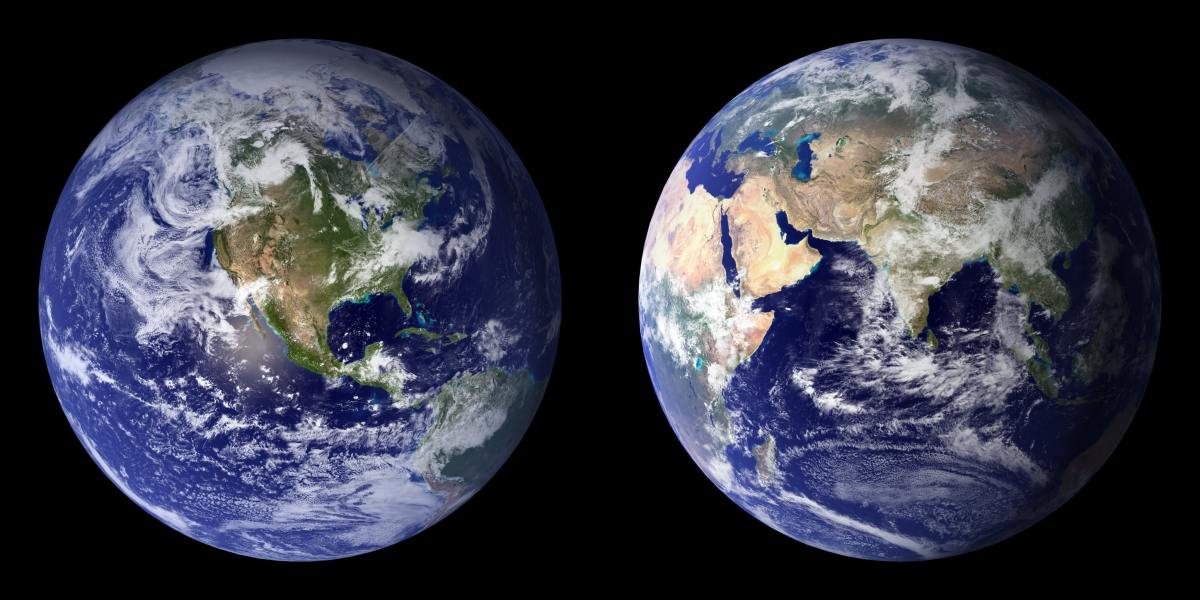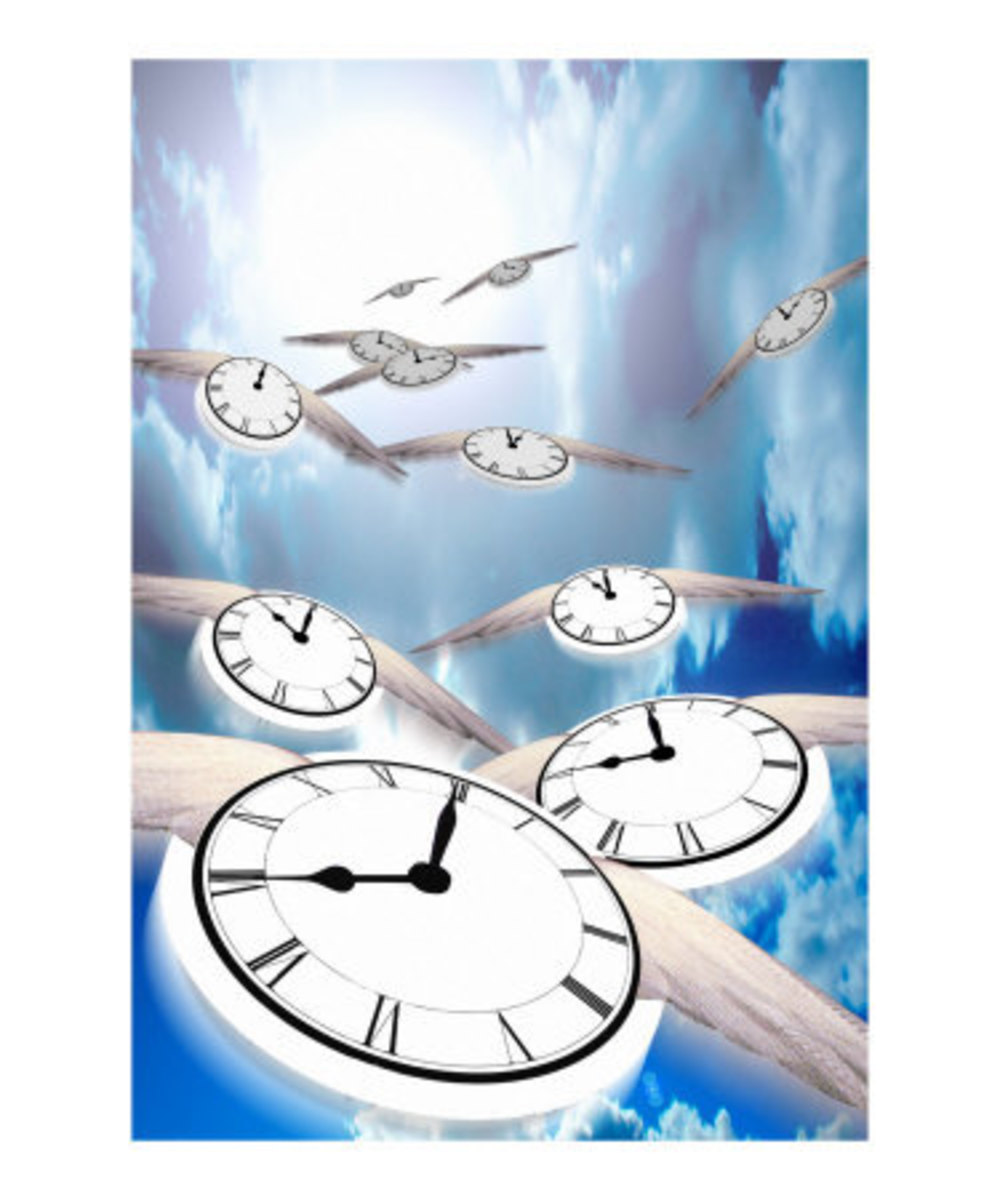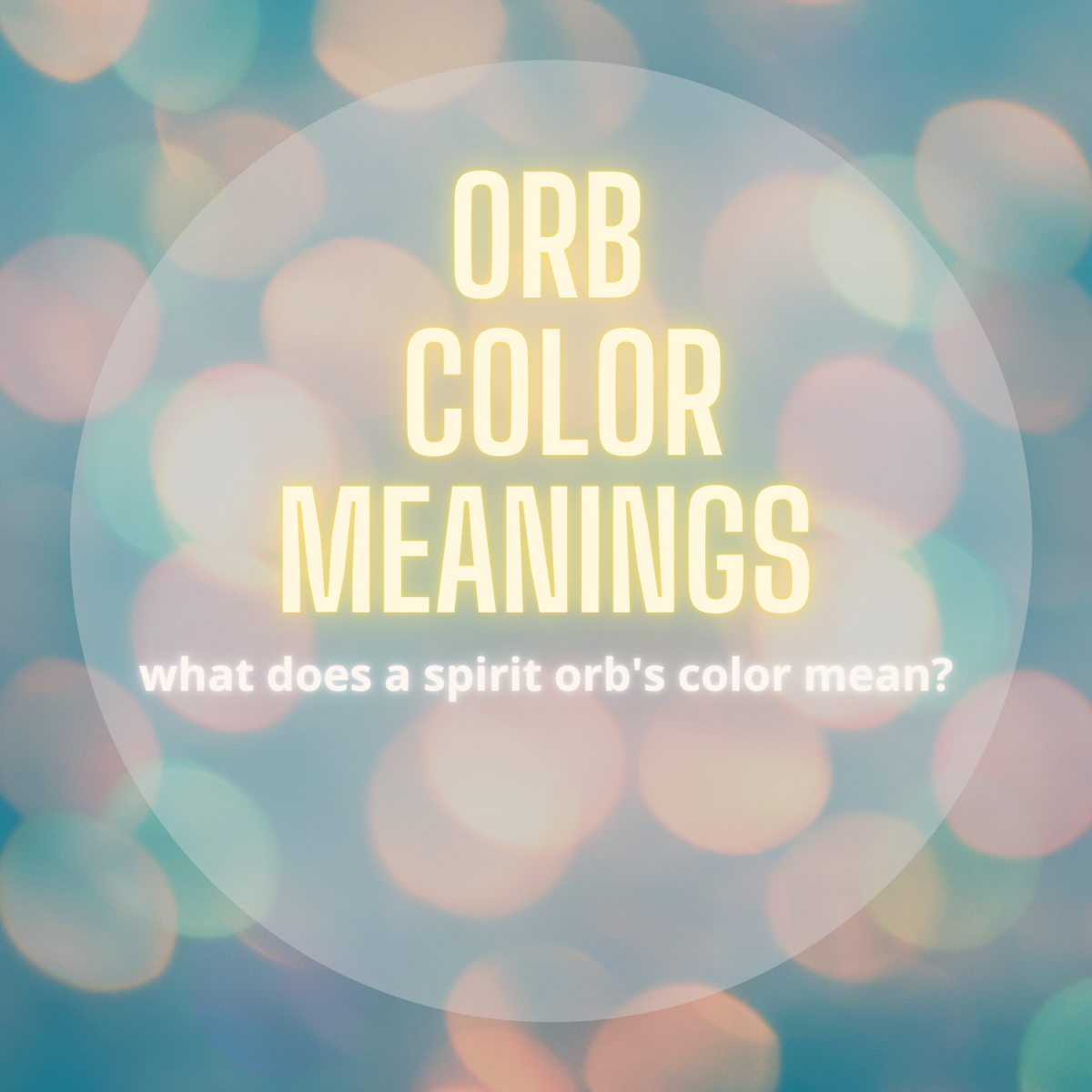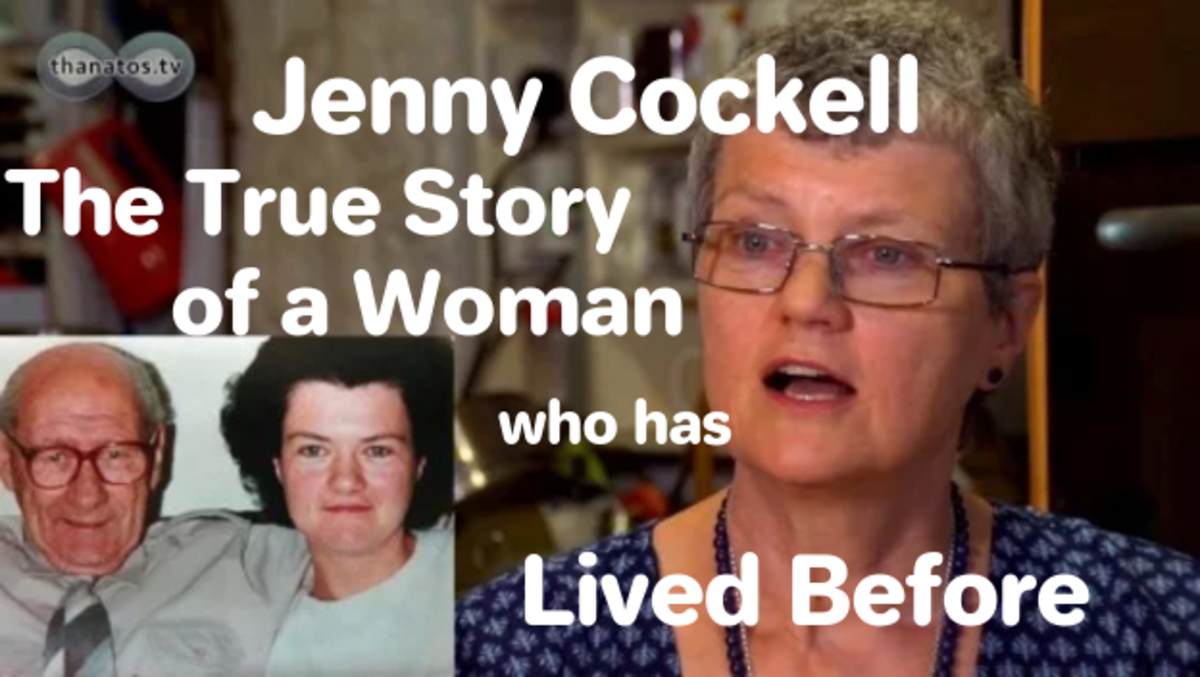On death, afterlife, the soul and parallel universes
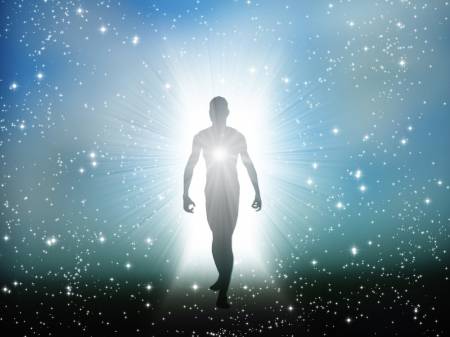
What could happen to us after we die?
Death is one of the mysteries that humans have tried to understand since the ability to reason appeared in the species. We all can't hold memories of anything before our birth, so it is natural to wonder what happens after we die. Today, most people have adopted theories according to the religions they follow; Christians believe we go to a heaven or hell; Hindus and Buddhists believe we reincarnate until we reach a "perfect state" (Moksha or Nirvana). Generally speaking, most people believe we don't cease to exist after our life ends; in a way or another, we keep on living. Truth is, death is something probably we will never understand at all. But some beliefs of what happens are closer than others to what is the most logical approach: eternal cycle of death and birth. It is similar to reincarnation, but I shall explain now the difference.
Life
What is life? In general, life is anything that is able to change, regenerate or reproduce without the need of an external force. Still, this definition may seem not really adequate since all things in the cosmos are influenced by external forces. At least in our universe, where we feel things in four dimensions (3 spatial, 1 temporal), nothing can scientifically proven unless it lies in these dimensions.
Humans begin to exist when an egg and a sperm fuse to form the embryo that eventually evolves in a baby when it exits the mother's womb. Still, the mystery remains on how the first organism came to be; several theories have been analyzed, but it seems that life began when something made an inorganic matter to be able to mutate by itself. If everything came from a singularity that was not alive (at least not by definition we give to life), then life mandatorily came from something that is not alive.
But... a mysterious question remains: ARE WE REALLY ALIVE? Certainly we feel that we are alive, but we cannot feel anything beyond our conscience and we still cannot feel our inner conscience. Our "perception" of what lies outside our mind is limited, therefore we cannot even be completely sure what we perceive is completely real.
Solipsism and hyperdimensional reality
Life is, therefore, a very difficult concept to define. We are all made of atoms, molecules, combinations of these, and perhaps- who knows- something that physics has yet to explain better. Being aware, being able to move by oneself, follow certain instincts to survive is what distinguishes life from inanimate matter. But do we know if what we perceive in our lives is absolute? Or could it be that everything that we perceive is just part of an individual reality or dimension?
In the known universe, everything can be perceived in three spatial dimensions- length, width and depth, and one temporal dimension: time. Time only moves forward in our universe: from old to new (the singularity that banged into our universe being the oldest thing known to us, and whatever we are doing right now being the newest). Time is not the same at two different points- however close they are- or at least it is not when we talk about what we see. Because light is not static, whatever we see with our eyes actually can be considered a part of the past. Only the light that enters the eyes is actually present; everything else, even the screen of the computer, tablet or smartphone you are using to see this is part of the past because the light moves from the object you see to your eye. Of course, the difference in time tends to 0 as it is closer to your eye, and the farthest thing you can see with your naked eye in the cardinal directions is almost present. Whatever you see in the sky (beyond the clouds), though, can be older that the age of the Earth itself. The moon you see in the night is a bit older than 1 second, the sun is 8 minutes old, but farther stars you see at night can be days, months, even years old. Objects seen in telescopes can be older, and what is seen in powerful telescopes can be almost as old as the universe; you can look at things that do not exist in the present. Stars that ceased to exist before dinosaurs became extinct.
Now, what I am writing is my perception of what surrounds me. All things that I can detect are only sure to happen to my detection; I can't be sure that anything else actually perceives the very same thing as I do. It can be assumed- actually, it is generally assumed that we all live in the very same dimensional reality. But solipsism says that maybe- just maybe- everything I perceive is just sure to exist in my mind- basically, that everything is an illusion: solipsism defines life as an illusion to one sole person. It might be a depressing philosophy, but unfortunately it cannot be ruled out and make even more scientific sense than most religions followed by humans.
I cannot remember anything prior to my 4th year of life, except once when my mother was giving me a bottle of milk and I was seated. The first 3 to 4 years for humans are basically "skipped" in time because our memories are not ready to detect time. Once humans begin to detect time, memories begin to build, and life begins to take "shape". There comes a time in which most of us ask ourselves what happens when we die. Those who are strongly indoctrinated in their religions will quickly adopt the afterlife theory of the religion, and claiming it as the sole truth only shows the level of indoctrination. We can be sure of one thing: our bodies rot after we die, and our essence, or conscience, or what is called the soul, in a way, will recycle in some form of energy.
Emotions, feelings and the ability to think (any abstract form of ourselves) are there, but we cannot really say they are limited to the four dimensions of our universe. In addition to what we experience in life and adds up to our memories, or brains, we are also capable of inventing, dreaming, and feeling beyond our known reality. All of these may possible have something to do with matter beyond the four-dimensional reality.
A strong theory has been developed to explain the origin of our universe: the multiverse. Certainly an "absolute nothing" cannot create anything. There must be a known origin to our known universe: either the singularity that banged into the observable universe has been expanding since a startless "point", or the universe lies in a "pack" of universes in an infinite multiverse. Because laws of physics do not necessarily apply to all universes, and only energy and matter is what all have in common (but have different laws to adhere) there can be an infinite, or almost infinite amount of universes (in the case of the latter, the universes repeat after a given number of permutations so the amount adds to infinity) in the multiverse, and ANYTHING we imagine, no matter how small or large the difference, actually exists somewhere in the multiverse.
Combining this with the solipsistic philosophy, maybe all life exist in different, parallel universes. I write this, but you- who reads this article, may only exist in my mind; you actually exist in other dimensions. Of course, if we go further into the parallel universe theory, in one universe there must be a you that is really reading this article. It can assumed that we, then, fall in the same dimensional reality, and at the same time could be living in two exactly same parallel universes. At the end this only helps to understand the mysterious "nature" of the cosmos, but does not really need to affect us psychologically. Either you are in the same universe than me or not, what I perceive is what I shall call "life".
Then, what is death? The definitive end? Or just the end of a cycle?
I respect whatever you believe, but I can almost rule out heaven, hell, nirvana and moksha as realistic outcomes of death- at least, in the way they are described in the religions. You may ask me, why? First, the description of such concepts- hell and heaven being actual places, moksha and nirvana being "states of mind", are human-based. They only describe things in a human way, which is, in my humble opinion, vague, lousy and tiny-minded. The cosmos is way too big and mysterious- not to mention random- to ignore all possibilities of what happens to our essence when we die.
If the soul is actual matter, dark matter, or whatever form of "thing", common sense says that, if the multiverse obeys a limited arrangement of physical and chemical laws, it cannot be destroyed or disappear from the cosmos. Our soul MIGHT move in all possible dimensions after we die; it can also become fragmented. Some "soul particles" may keep moving in space and time (to the past or the future), similar to dark matter which cannot be detected by known tools, and enter minds of living things across this universe, or exit our universe and enter the minds of beings in other universes. This could easily explain phenomena like déjà vu and dreams, although it is not certainly for sure these are memories of lives in the future, past or alternate universes.
Imagination in the other hands may be easily defined as the recreation of memories of future, past and alternate realities, instead of just "making things up out of nowhere". Whatever we imagine and may seem impossible in our reality, like humans flying, breathing underwater, walking over water, breathing fire, etc. may actually exist in other universes. The same goes to unicorns, dragon, and mythic creatures. Whatever is fiction here, may be reality in another universe; we are just "remembering" them from all points in the multiverse (all dimensions).
Now, when it comes to a person who dies, the physical parts become matter and energy recycled within our universe. The soul, which basically contains the memories, does not get limited to our four-dimensional reality. It has been explained how the soul could go beyond it, therefore, the soul will be recycled within and beyond the universe. Our memories will not die; they will live again, although it is hardly difficult all memories will remain in a single "pack" to be relived by another person in the past, future, or alternate universe (total reincarnation).
Instead, as we die, and our memories and soul becomes fragmented, time ceases to be perceived. Because we no longer detect time, what most likely happens is that we will be immediately born as a whole new being- anywhere in the multiverse, and at any point of time. That is, you will be born again, but with a different soul, in a different point of time (could be just the same as this time, or way back or later); you could be born as you again, but in another parallel universe. The sad thing about this theory is that you could be born and become anything. This is what makes this type of "reincarnation" different from the one explained in Hinduism and Buddhism. Heaven? Hell? Yes, they exist- but not necessarily eternally. They are simply places in other universes, but it is unlikely you will live long in a hell if your body has the same limitations as in this universe. Yes, there are probably alternate universes with heaven-like realities.
Could there be parallel dimensions in which life is endless?
Yes, and if so, then the lucky soul, or the unlucky soul, will have to face the reality of immortality. This, yet, is highly unlikely, because, if matter does not last forever in all parallel dimensions, then death must be common in all of them. However, if some universes have the "characteristic" of having life that never ceases to function, then life will be eternal in such universe. Of course, some of these universes will be great (heaven-like), others, not so much. And unfortunately, because life happens at random in any point of the multiverse, the soul who is born in a hell-like universe is not going to be born there "because of the consequences of what happened in this universe". Also, such hell-like universe will not necessarily have a Satan-like figure; it is simply how that universe is.
So, what happens when we die?
Because the multiverse works at random, anything can happen in "the next life":
Living a similar life in the same Earth
Living a similar life in another Earth
Living as any other organism
Living an eternal life in a very good, good, average, bad, or very bad universe
Living as a new being in another planet in or outside this universe
Repeat the same life
These will be "random locations" of the next life. There is hardly any evidence what we do here will influence where we "go" after we die.
All possibilities are there, and no matter how much we may dislike this theory, it cannot be ruled out because of that. Of course, before I end this article, this is just a theory and can be totally wrong.

